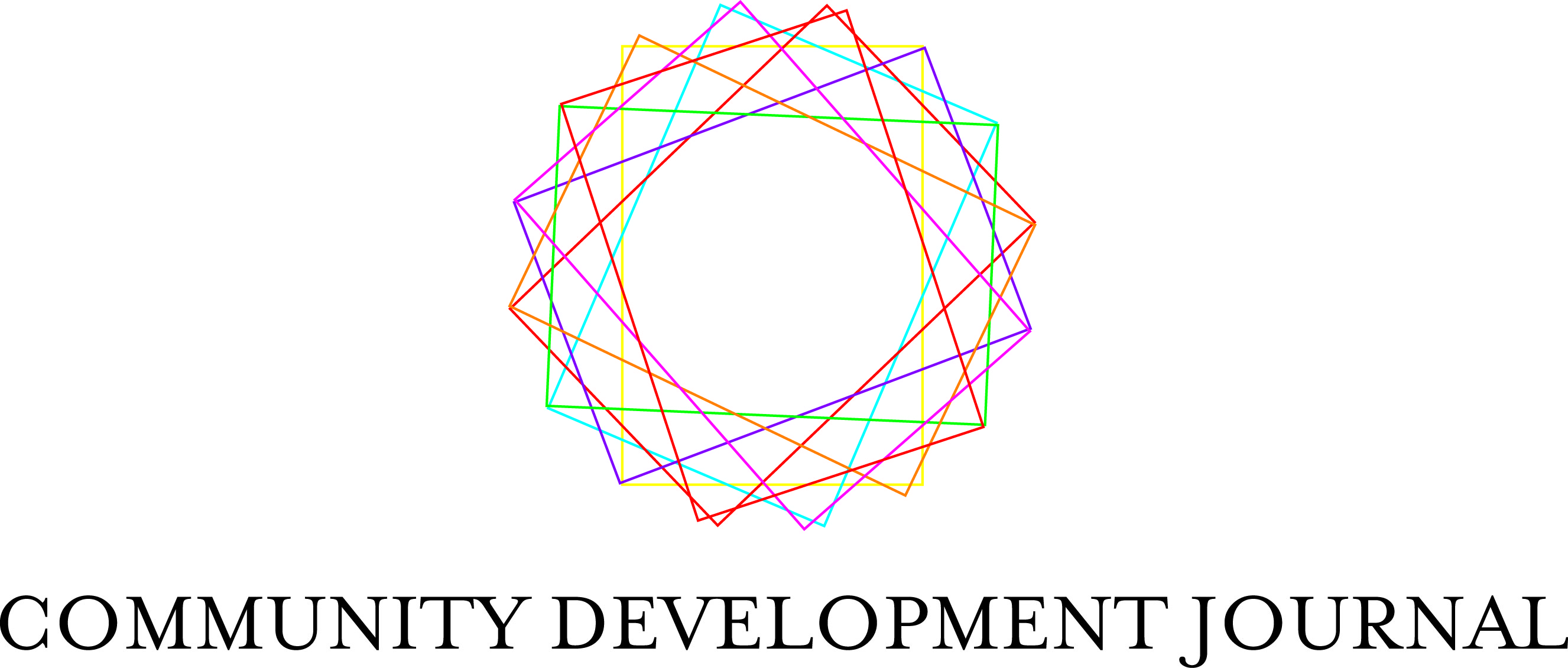
Queer and Trans Community Building in Post-NALSA and Post-377 India
I am very excited to see the publication of the most recent issue of the Community Development Journal (CDJ), which focuses on queer and trans lives and collectivity in India.
The issue, titled Queer and Trans Community Building in Post-NALSA and Post-377 India, is edited by Pushpesh Kumar, Sayantan Datta, and Neha Mishra. Across the editorial and seven articles, it explores pathways and barriers to community organising across a range of settings, including in families, religious contexts, community health programmes, universities, and the media.
As editor-in-chief of CDJ, it was an honour to support the hard work of the special issue editors and authors, who have put together a truly groundbreaking collection. LGBTIQ+ organisations, and others with a broader remit who seek to work with LGBTIQ+ people, are increasingly taking community development approaches and (where they can afford to do so) employing community development workers. However, community development research has been slow to catch up, with very little literature examining queer or trans community development theory and practice. This special issue therefore represents an important act of leadership in the field, which I hope will pave the way for more expansive discussions of LGBTIQ+ issues within community development globally.
The issue also represents methodological innovation, bringing literary and media studies methods to consider opportunities and issues for community building in India, alongside the social sciences approaches more typical of research in the field of community development.
The editorial for the issue is free for anyone to read, as is Anannya Dasgupta's article Queerious communities: building writing centres in Indian universities. The remainder of the issue is available to all individuals and institutions who subscribe to CDJ.
